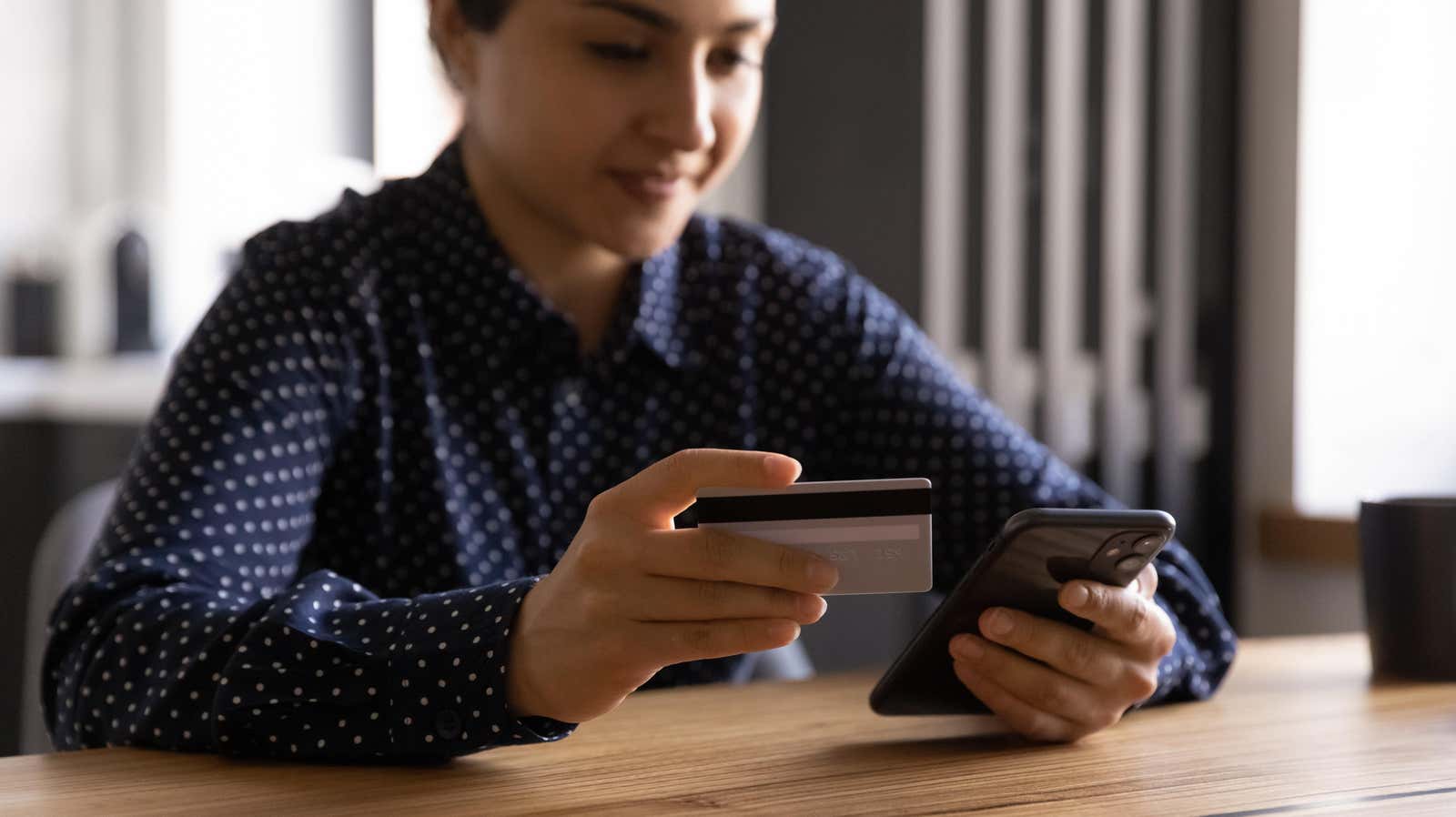Signs Your Finances Are Not As Bad As You Think

For those saddled with debt, struggling with lifestyle biases, and overwhelmed by the current state of inflation , it’s all too easy to feel like your finances are in disarray. You may be overcome with anxiety, and you think that you are “bad with money.” But when we live in a state of anxiety, we make the worst financial decisions. To improve your relationship with money, it’s important to take stock of what you’re doing right. Here are some examples of personal financial wins that you can celebrate whenever you need to build perspective and feel better about your financial health.
Do you have a budget
If you have a budget, you are already better than others in managing your finances. Of course, having a budget and sticking to it are two different battles. However, if you’ve done even one, you’ve taken an important first step in getting to know how your finances are doing.
If you don’t already have a budget, this might be your sign to create one now. Again, this is not about creating strict rules for yourself, but about understanding your spending habits and setting financial goals.
There are many different budgeting methods you can try to determine the best way to manage your money. A popular option to try out is the 50/20/30 method , but ultimately the best budget is the one that works for you. Here’s our guide to getting started with a budget.
You know exactly where your money is going
Even if you’re worried about your spending habits, it’s important to know what those habits are. Not paying attention to where your money goes is a major red flag for your finances.
To be a more conscientious spender, start by looking at your bank statement for at least the last 90 days. By looking at your spending, you’re likely to find areas where you can cut costs, as well as areas where you didn’t even know you were wasting money ( missed subscriptions come to mind).
You know the status of your debt
Just like knowing where your money is going, it’s also important to know how much money you owe. You don’t want to live in fear and be left in the dark when it comes to your debt. Here’s our guide to getting organized enough to pay off your debt .
Do you have a reserve fund
The start-up fund for an emergency or “rainy day” is about a month’s rent plus your insurance deductible. If you have some money set aside—and you don’t need to spend it on routine bills—you’ve taken an important step toward securing a more secure financial future for yourself.
Keep building your emergency fund to the point where it can provide for you for six months or more. If possible, keep track of how much you are saving and make sure that amount grows with your income.
Your relationship with money isn’t holding you back
If you constantly experience buyer remorse, feel unable to make decisions, and constantly lose sleep over money, something needs to change. When you make sure you only spend money on things you like and don’t spend money on things you don’t like, you will make much better financial decisions for yourself.
Putting yourself down because of your money habits can backfire in terms of making decisions based on fear. It can help to scale down and highlight your personal finance strengths so you have the confidence to make smarter financial decisions going forward.